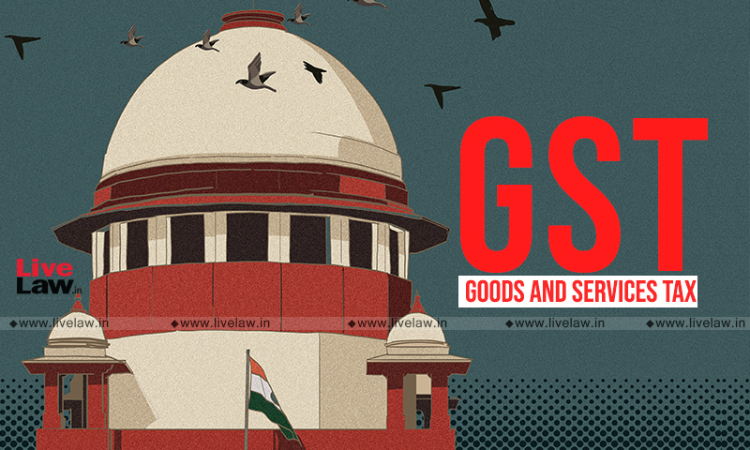GST Council Recommendations Not Binding On Parliament & State Legislatures : Supreme Court
Manu Sebastian
19 May 2022 11:06 AM IST

Next Story
19 May 2022 11:06 AM IST
In a significant verdict, the Supreme Court on Thursday held that the recommendations of the GST council are not binding on the Parliament and State Legislatures.Though some of the recommendations of the GST council are binding on the Union and State Governments in relation to tax rate and taxable goods etc., by virtue of the provisions of the GST Act, it cannot mean that all recommendations...
